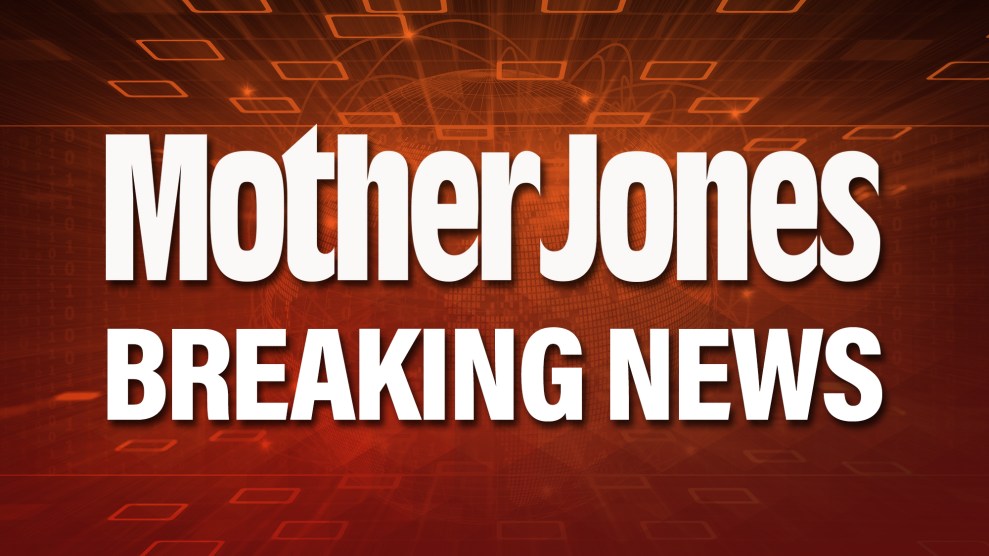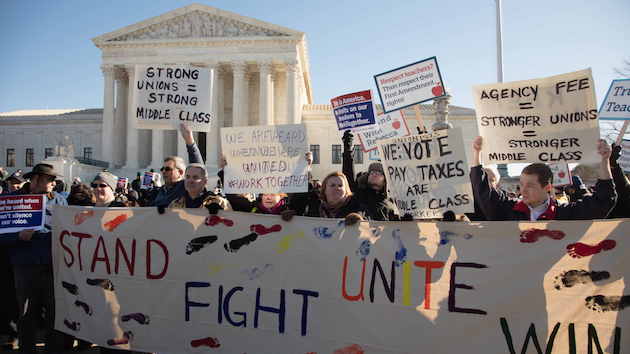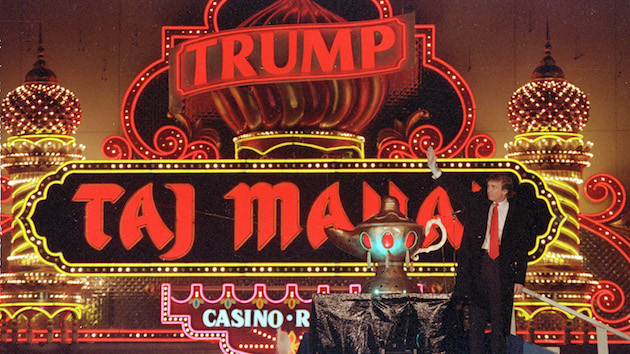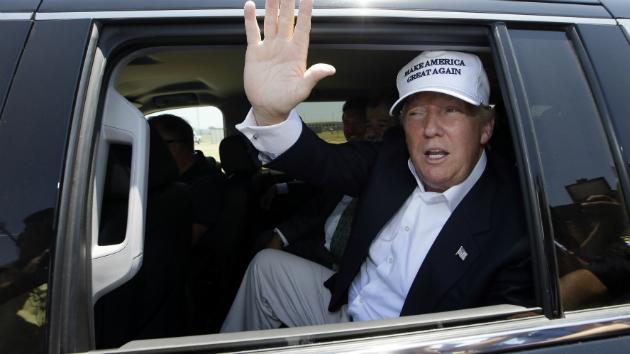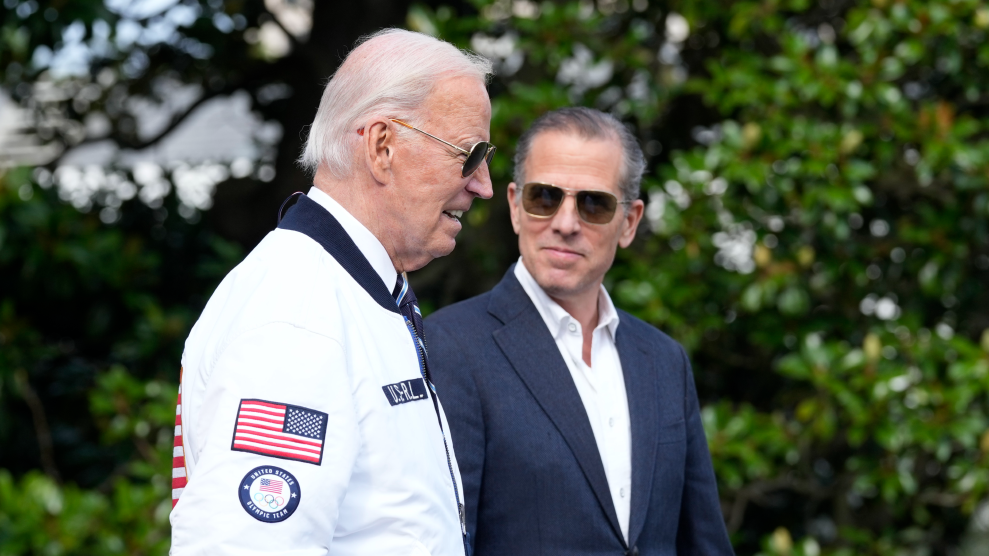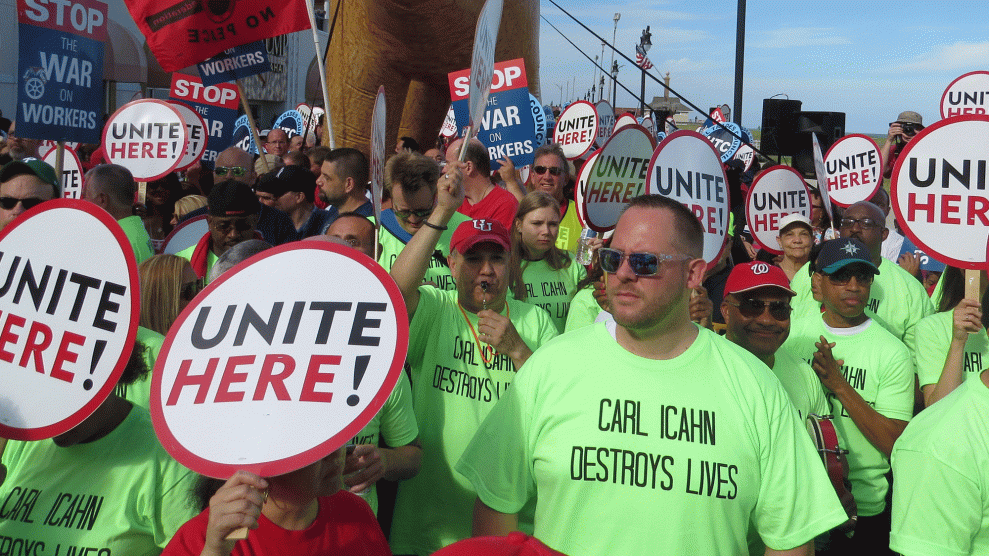
Trump Taj Mahal hotel and casino workers protest the loss of benefits.UNITE Here Local 54
Update 5/31/16: On Monday, the Supreme Court declined to hear the Trump casino workers’ case, leaving the 3rd Circuit Court of Appeals ruling intact, and the workers without health insurance.
At its weekly conference today, the US Supreme Court will consider whether to hear a case that involves the latest installment in the story of Donald Trump’s failed Atlantic City casino empire and the efforts of hotel workers to recover some of their health and pension benefits from Trump’s Taj Mahal.
In 2014, Trump’s former company Trump Entertainment Resorts, which ran the Trump Taj Mahal in Atlantic City, filed for bankruptcy for the third time in its 25-year history. As part of the bankruptcy proceedings, billionaire Carl Icahn, who held much of the company’s debt, agreed to bail out the hotel and keep it open, but only if the bankruptcy court would agree to let him obliterate union-negotiated health and pension benefits. The hotel workers union, Unite Here Local 54, had a collective bargaining agreement with the hotel management that covered more than 1,000 non-gaming workers. But the contract expired a few days after the company filed for bankruptcy. Under federal law, the provisions of that contract should have remained in effect until a new agreement could be negotiated.
But Icahn told the court that if it didn’t invalidate the contract and strip the workers of their health and pension benefits, he would shutter the place. The court agreed; the hotel stayed open, but more than 1,000 workers lost their health insurance, paid lunch breaks, and more than $3 million in pension contributions as a result.
Unite Here Local 54, is asking the Supreme Court to overturn the bankruptcy court’s decision, which was upheld by the 3rd Circuit Court of Appeals in January this year. They argue that the bankruptcy judge overstepped his authority in invalidating the collective bargaining agreement, an argument that the National Labor Relations Board supported in the appellate court.
In February, the Taj Mahal under Icahn’s ownership emerged from Chapter 11, ending the last vestiges of its relationship with the no-longer-presumptive GOP presidential nominee who founded it in 1990. Trump has not had anything to do with the hotel since 2009, other than enjoying the benefits from his 10 percent stake in the entertainment company in exchange for the use of his name on the hotel. Even that stake was eliminated in February when the company emerged from bankruptcy.
It’s unclear what the Supreme Court might do with this case. The circumstances of the union’s position are unusual, and not likely to affect many other labor contracts. There’s no circuit split or other legal conflict that might push it to take the case, and without Justice Antonin Scalia, the court hasn’t granted many new petitions for the next term. But if it were to take up the case and side with the union, Icahn might make good on his threat and simply shut the hotel down, leaving the union in a bit of a classic catch-22.
Trump, who still has his name on the hotel despite having no role in the company, won’t be affected either way. But the case does reveal something about a possible Trump administration: He recently said that if he’s elected president he’d make Icahn his treasury secretary.

